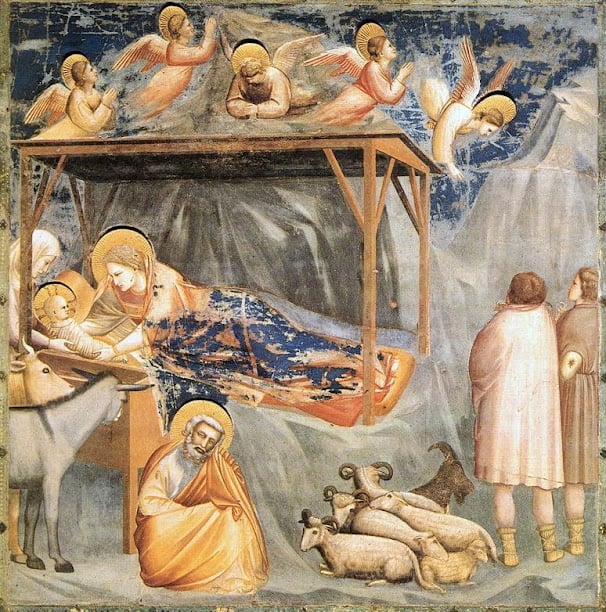There was a Christmas pageant in our community some years back put on by a school for children with disabilities. A friend of mine saw it, and said she wept through it, unprepared for the images of the Holy Family played by children in wheelchairs, or with cerebral palsy. Perhaps there was a deaf-blind shepherd, or a non-verbal child as the angel announcing the good news of God to all men. Was Mary a girl with autism, unable to meet the audience’s eyes? Did baby Jesus have a cleft lip, or a feeding tube? As he laid in the manger, did he struggle to get a good breath? Perhaps he needed oxygen support, and a nasal cannula.
Login to read more
Sign in or create a free account to access Subscriber-only content.
Topics:
